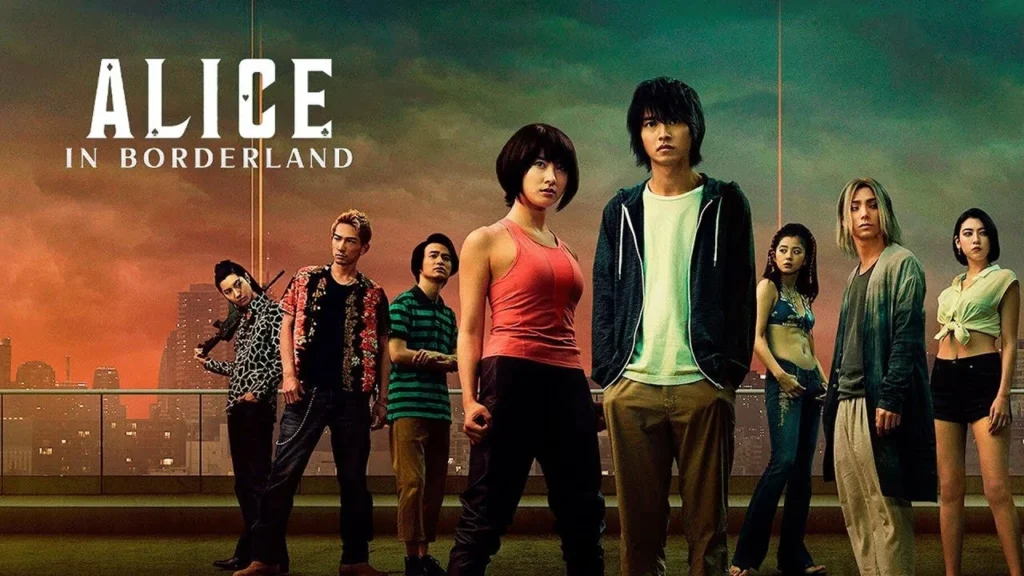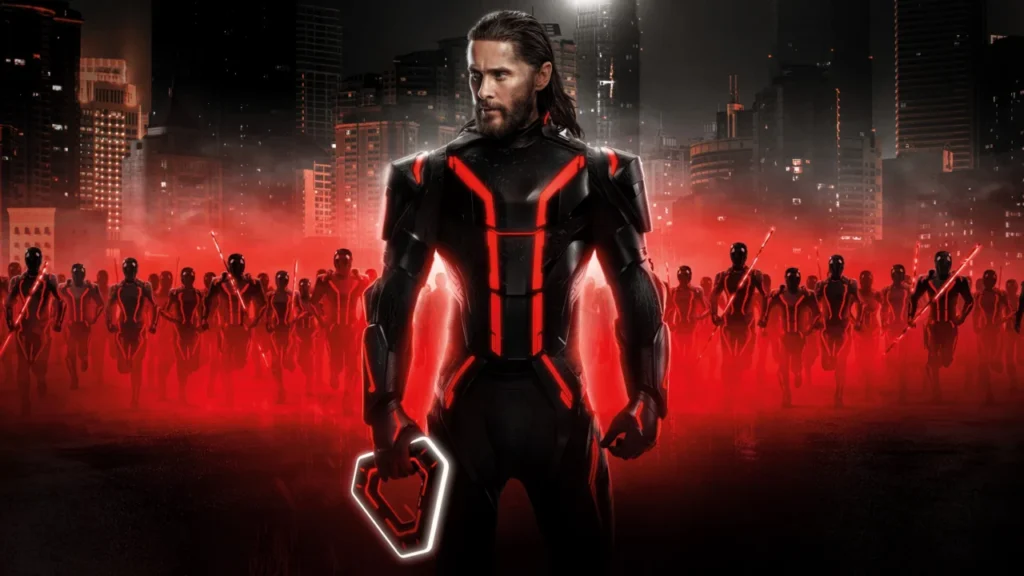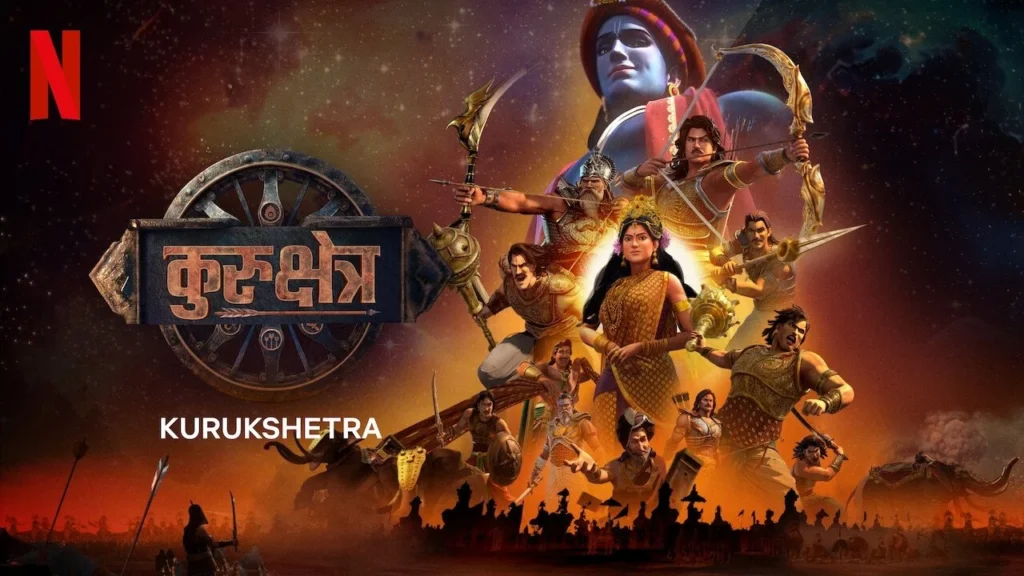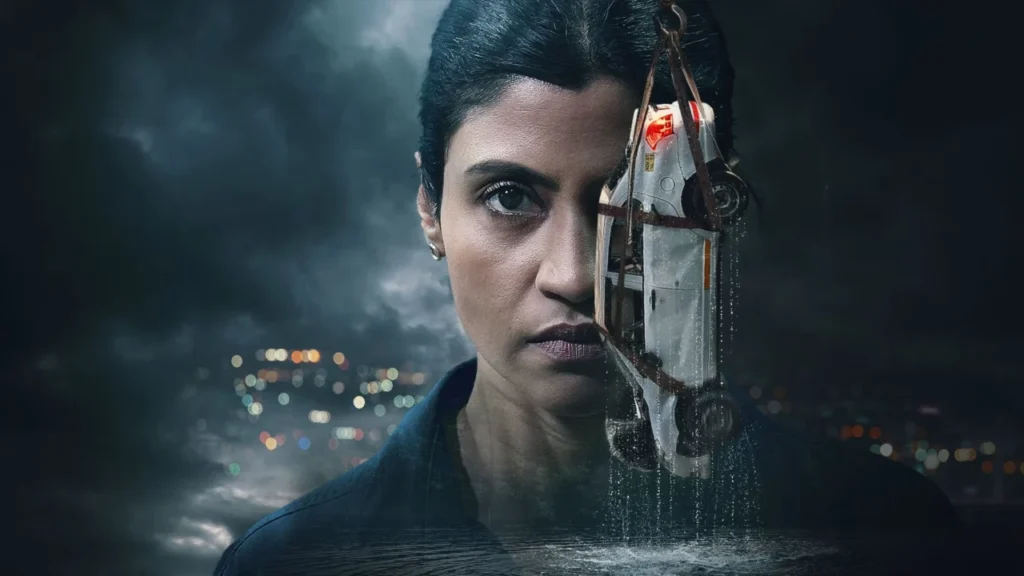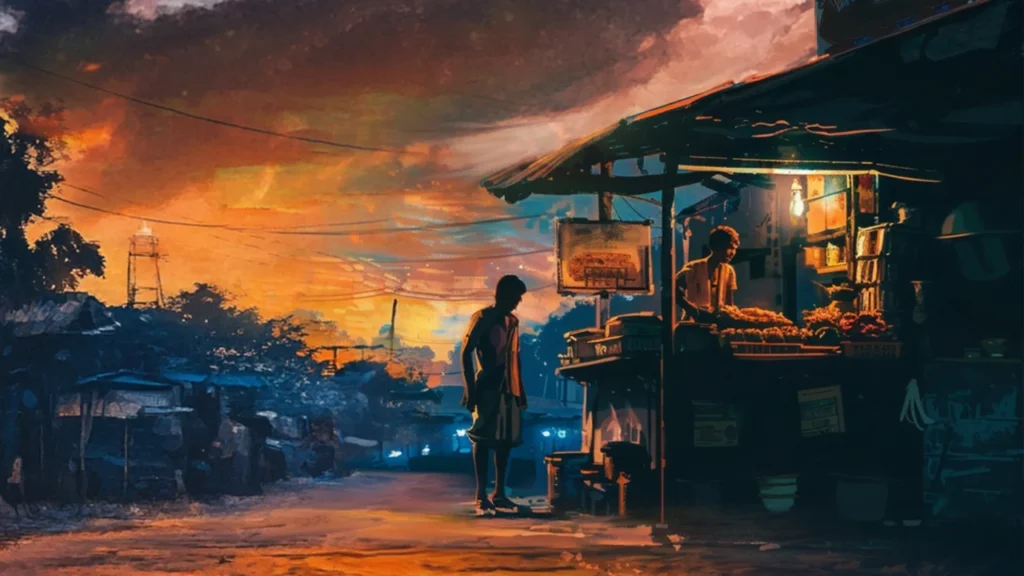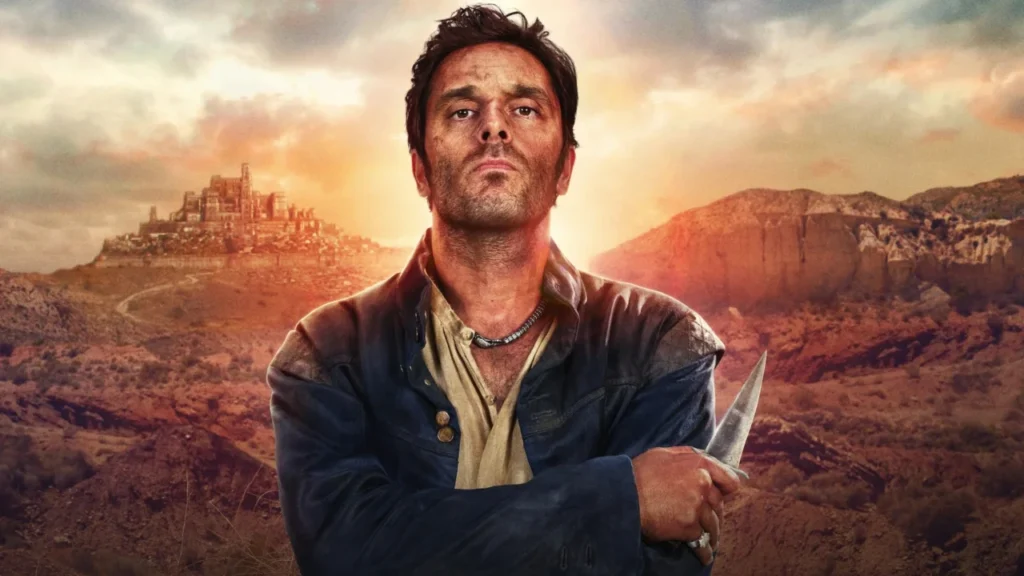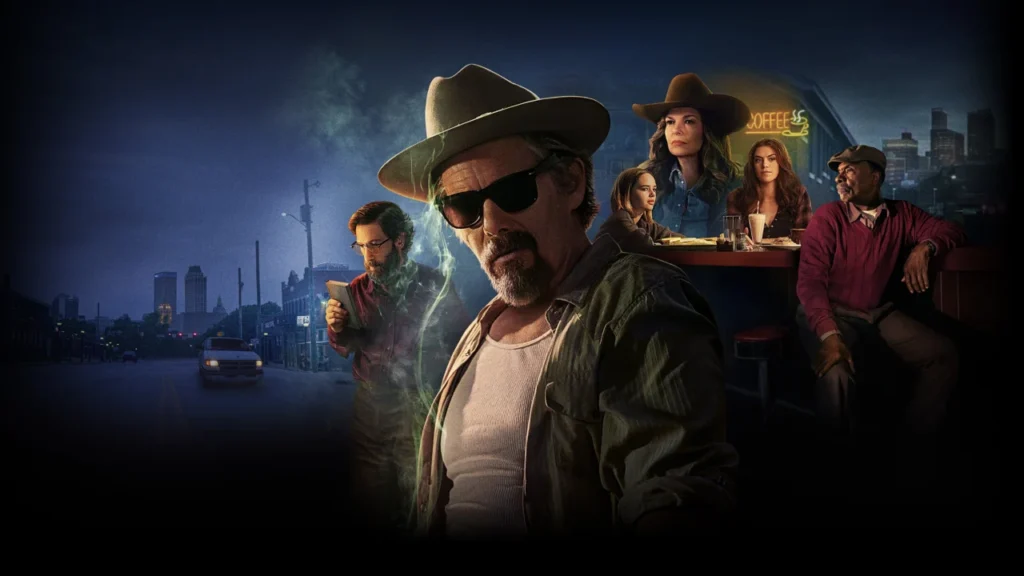Netflix’s Alice In Borderland dropped its third season on September 25, 2025, pulling viewers back into a brutal world where winning deadly games means survival. Shinsuke Sato returns as director for this Japanese sci-fi thriller adapted from Haro Aso’s manga, starring Kento Yamazaki as Arisu and Tao Tsuchiya as Usagi.
New cast member Kento Kaku joins as Ryuji Matsuyama, a professor fixated on death and what lies beyond. His presence drives much of the season’s conflict. Unlike previous installments with eight episodes, this season runs for six, creating a tighter, more intense experience that focuses on the mysterious Joker card and the space between life and death.
What Happens in the Final Game?
The season builds toward a brutal game called Sugoroku or Double Sixes. Arisu finds himself trapped in this challenge alongside Usagi and other survivors. What looks straightforward at first reveals layers of deception that test emotional choices as much as physical survival.
Arisu believes he’s sacrificing himself to save everyone else. Learning that Usagi carries their child makes this choice feel even weightier. This decision shows his transformation from an aimless gamer into someone willing to die for those he loves.
The game’s true nature reveals itself through a savage twist. Arisu discovers he actually won, meaning his supposed sacrifice was an illusion. The other survivors face horrific deaths instead. This reversal forces him to confront something harder than the fate he thought he accepted.
Does Arisu Choose Life or Death?
After his victory, Arisu encounters a mysterious figure known as the Man in the Hat or the Watchman. This meeting occurs in a liminal space existing between the Borderland and reality. The Watchman presents two cards for Arisu to choose between.
Arisu picks one and immediately realizes both were Jokers, the selection itself formed the test. When asked if he’s the Joker, the Watchman explains something that reframes everything viewers understood about the Borderland.
The Joker isn’t a person or controlling entity. It represents chaos, randomness, and the void between living and dying. It’s the terrifying unknown everyone must face. Then comes the genuine choice that defines everything.
Arisu can throw himself into a death vortex and find peace, or return to the real world with Usagi. Returning means embracing all the pain, loss, and uncertainty life brings. The Watchman can’t promise his wife and child will be waiting.
Arisu chooses life anyway. Despite everything, he picks struggle over peace, hope over certainty. This moment captures what three seasons built toward, life holds meaning because we choose to live it, not because the journey is easy or fair.
How Does Arisu Save Usagi?
Making his choice clear, Arisu plunges into the water where Usagi drowns. This scene operates on dual levels, he literally pulls her from death while symbolically committing to face life’s struggles beside her. Together they watch Ryuji get dragged into the death pool, beyond rescue.
The narrative cuts between the Borderland and the hospital. Ryuji’s heart monitor flatlines precisely when he perishes in the Borderland. This confirms what the show suggested all along, death in one realm means death in the other.
Usagi wakes in the real world gasping like she’s been underwater. Arisu successfully brought them both back to Shibuya, where everything began. They survived, but carry the weight of everyone they lost along the way.
Their rescue feels earned because viewers watched these two fight for each other across three seasons. Survival wasn’t luck or chance, it resulted from consistently choosing connection when giving up seemed easier.
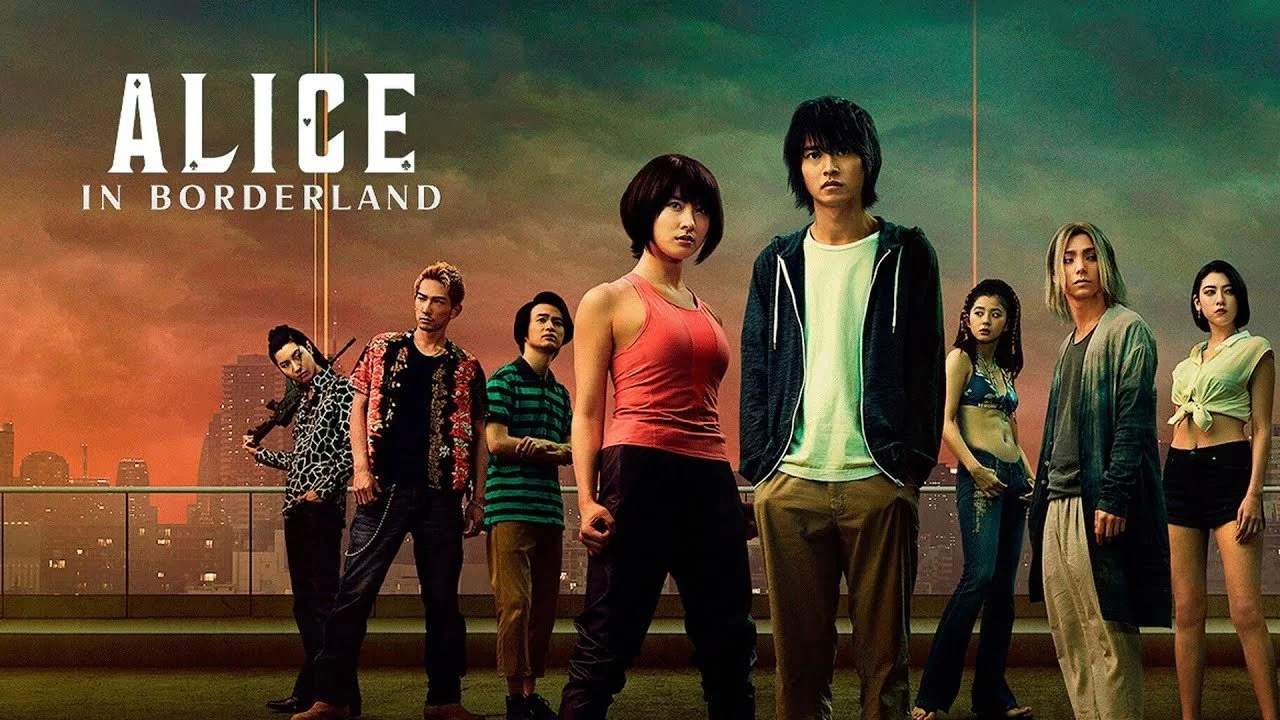
What is the Truth About the Joker Card?
Viewers spent years theorizing about the Joker. Most expected a powerful villain orchestrating the Borderland from the shadows. Season 3 systematically dismantles every theory through the Man in the Hat’s revelations.
The Joker card symbolizes the boundary between life and death. It represents fate’s randomness and humanity’s inability to control these fundamental forces. The Borderland exists as a place where people linger after near-death experiences, waiting for their final fate to be determined.
This revelation changes everything about understanding the show. No evil mastermind created the Borderland. It’s a natural occurrence existing at mortality’s edge. The games aren’t arbitrary cruelty but tests forcing people to examine what makes existence worthwhile.
The Joker embodies the ultimate unknown that everyone confronts eventually. The show suggests we can’t control death itself, but we retain power over how we choose to live before it arrives.
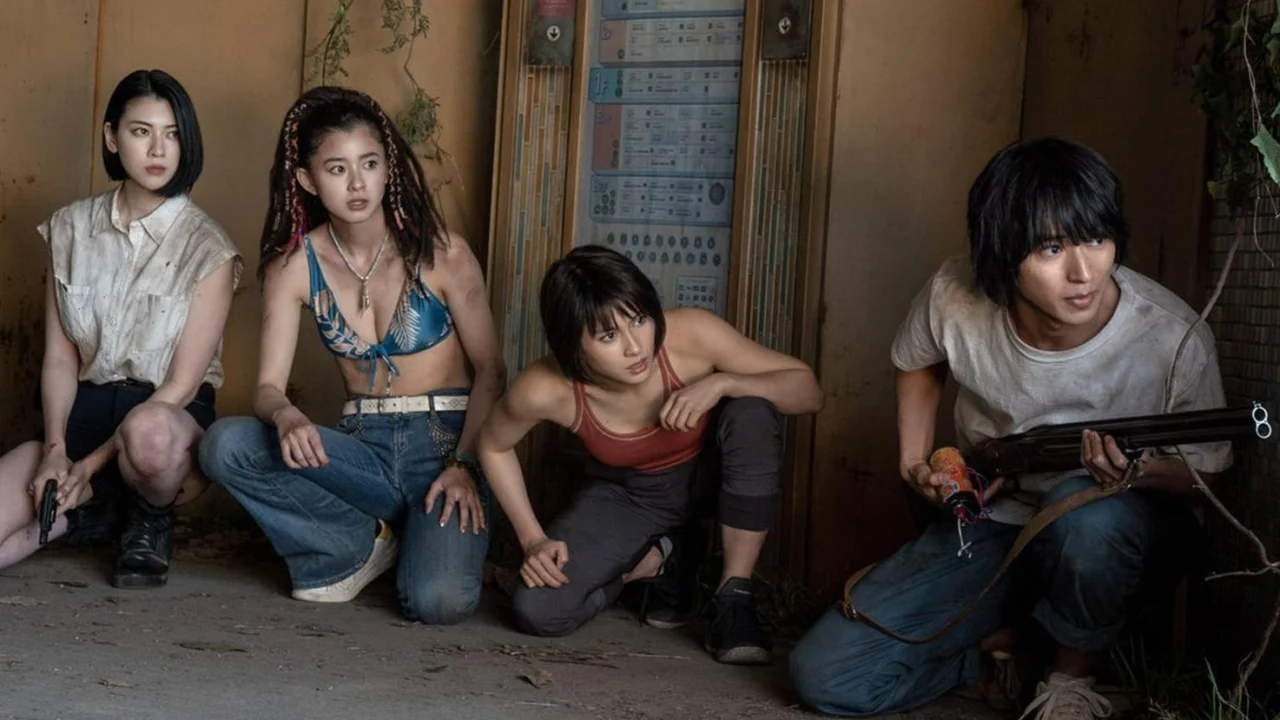
Who Was Banda and What Was His Plan?
Banda operates as one of the season’s most calculating manipulators. Working from the shadows, he specifically targets Ryuji, exploiting the professor’s guilt and obsession with what follows death.
Ryuji conducted experiments on near-death experiences that killed one of his students. This guilt ate away at him. Banda weaponizes this vulnerability, convincing Ryuji to drag Usagi back into the Borderland.
He knows this forces Arisu to return as well. Banda’s motivations extend beyond simple villainy. He wants to understand and potentially control the forces governing life and death. He views the Borderland as a puzzle waiting to be solved.
But Banda miscalculates human connection. He believes everything can be predicted and controlled through careful planning. Arisu’s choice to save Usagi and embrace reality destroys all of Banda’s carefully constructed schemes. Love defeats manipulation every time.
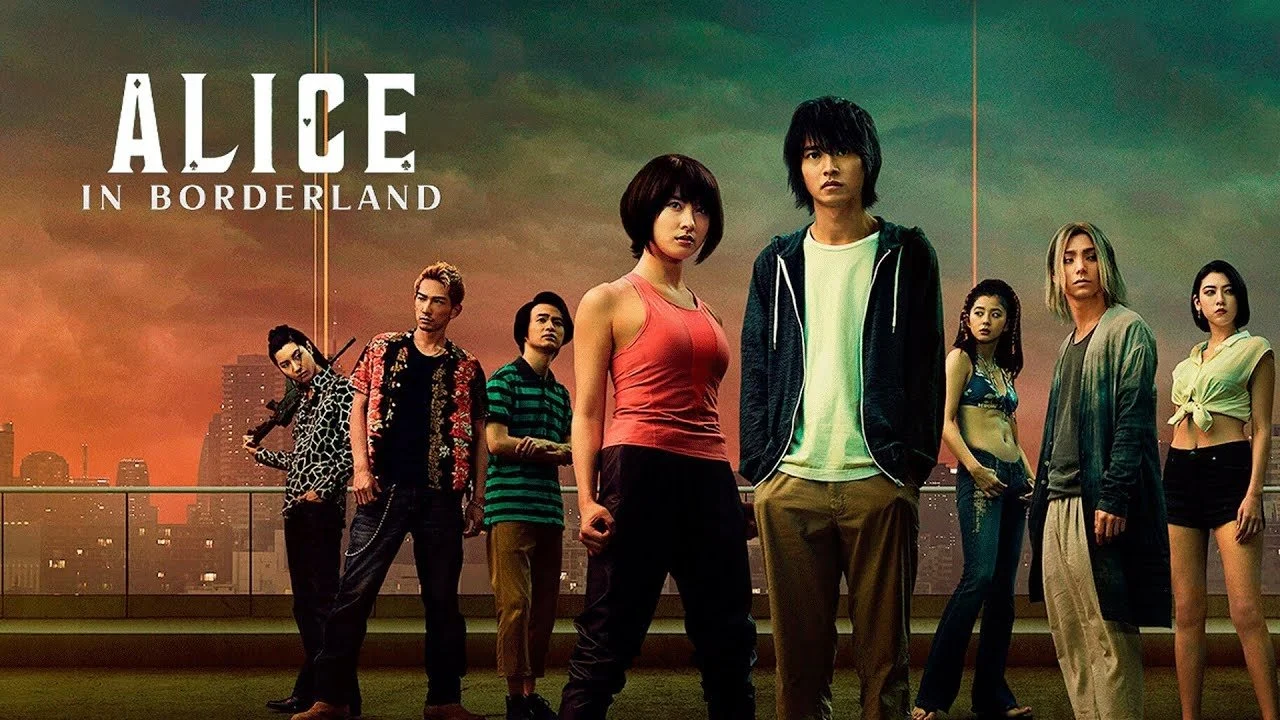
Do Arisu and Usagi Remember the Borderland?
The finale leaves uncertain whether Arisu and Usagi retain memories of their experiences. Waking in the real world, they appear disoriented yet aware of each other’s presence. The way they connect suggests recognition running deeper than strangers who survived the same accident should feel.
This ambiguity mirrors Season 2’s conclusion, where survivors carried memory fragments without concrete recollection. The show proposes that while conscious memory fades, emotional connections and personal growth from those experiences remain embedded in who people become.
If they remember, they shoulder the burden of witnessing countless deaths. If they don’t, they still feel inexplicably drawn to each other. Either way, their relationship transcends whether specific memories remain intact.
This uncertainty proves more powerful than a definitive answer. It allows viewers to decide what carries more weight, detailed memories or the emotional truth of shared experience that shapes who we become.
What Do the Earthquakes at the End Mean?
The closing scene shows Arisu and Usagi together when sudden earthquakes begin shaking the ground beneath them. These aren’t ordinary tremors, they feel ominous and apocalyptic. The couple exchanges worried glances as the screen fades to black.
The earthquakes likely signal the Borderland isn’t finished with humanity. The Man in the Hat warned about approaching disaster. These seismic events could mark that catastrophe’s beginning. Perhaps the boundary separating worlds is deteriorating.
A new mass near-death event might be approaching, ready to drag more people into the deadly games. The earthquakes could reopen the Borderland, forcing Arisu and Usagi to fight for survival again, possibly with memories now intact.
This setup deliberately leaves space for future seasons or spinoffs. If the Borderland reopens, familiar faces might return alongside entirely new characters facing identical challenges. The show provides closure to Arisu and Usagi’s immediate journey while leaving doors open for what comes next.
Why Did Arisu Choose Life Over Peace?
Arisu’s decision to embrace life instead of accepting peaceful death represents the season’s central message about human resilience. The Watchman offered escape from all pain and uncertainty, tempting for someone who endured tremendous trauma. But Arisu grasps something crucial.
Choosing death, even peaceful death, means surrendering every possible future. It means abandoning any chance for joy, love, and meaning that life still offers. Arisu knows he’s returning to a world where nothing is guaranteed.
He picks struggle over certainty, hardship over peace. This reflects a profound truth, when genuinely confronted with the choice, most people cling to life because the alternative means giving up on every remaining possibility.
Arisu began the series escaping life’s responsibilities through gaming and avoidance. The Borderland forced him to understand life’s value by constantly threatening to rip it away. His final choice demonstrates he absorbed this lesson completely.
Life’s meaning doesn’t emerge from avoiding suffering. It comes from choosing to confront it alongside people you love. Arisu and Usagi survive not through superior strength or intelligence, but by consistently selecting connection and hope over despair.
The season makes a clear argument: life deserves to be lived not because the path is smooth or just, but because it belongs to us. Their return to reality, earthquakes and all, suggests that whatever approaches next, they’ll face it together with eyes fully open to both life’s beauty and its terrors.

